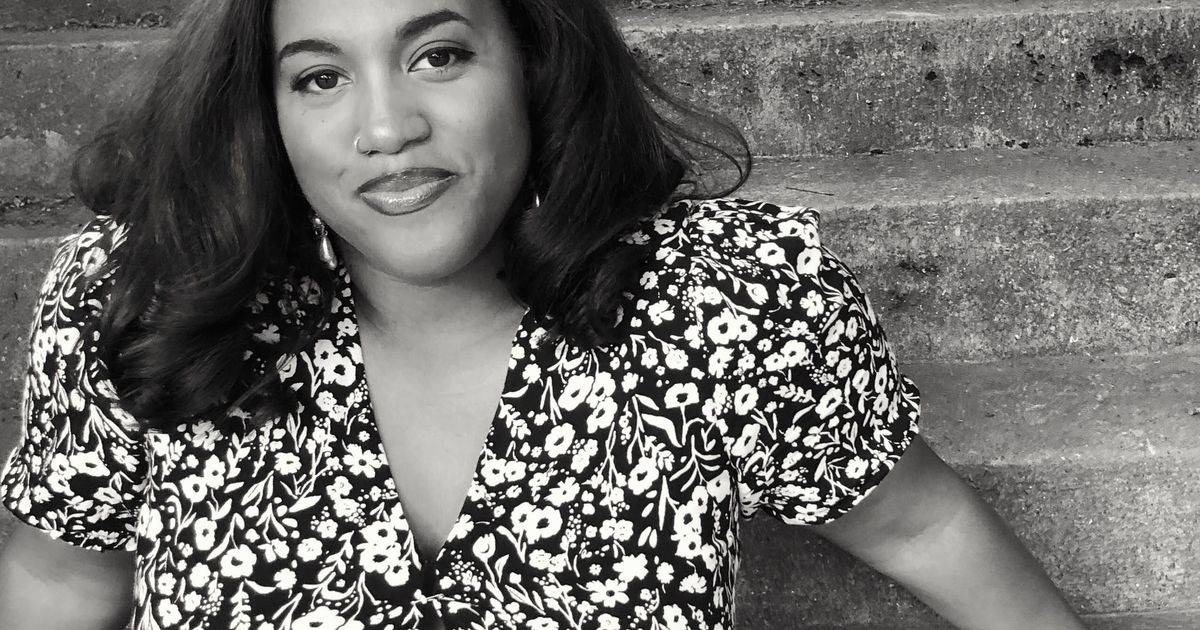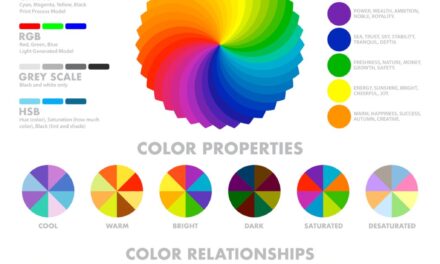
“Good Women” is an evocative collection of 12 unrelated stories by Tennessee author Halle Hill that dips into the lives of complex Appalachian women who endure tough situations — from sex work to religious oppression to maternal strife — while struggling to forge ahead. Edgy and intimate, Hill’s stories form an unexpectedly cohesive series of vignettes that deliver a stunning proclamation on the modern female experience.
The characters in this collection may not be acquainted with each other, but there’s a familiarity in their experiences that bind them together. Some are nebulously floating through life, others are filled with rage and fighting back. All provide lush and intoxicating glimpses into women who live on the outside looking in.
“Seeking Arrangements” opens the collection with Krystal traveling on a Greyhound bus from Nashville to Boca Raton, Florida, with a supposedly wealthy — and severely unhealthy — older man she met online. She’s slow to recognize she’s being paid to serve as his nurse, not just to satisfy his racial fetish and physical needs. This sets the tone for Hill’s portrayal of men who range from abusive to absent but are consistently a source of disappointment.
Tensions quickly ratchet up in “Honest Work.” Maudette is determined not to be like her mother, a sad woman who performs “touch work and energy healings” on men who leave her bruised. Maudette is working at the fair when she encounters an opportunity to save Deacon James — one of her mother’s abusive clients — from being harmed on a ride. Her reaction is riveting to observe and shocking to everyone except Maudette.
Religious hypocrisy factors into more than half these stories, most featuring men whose abuse is shielded behind church affiliations. In “The Truth About Gators,” Nicki is attending mandatory counseling with Rabbi Kadens — the consequence for stabbing her abuser at a church cookout — when the rabbi’s hand lingers on her thigh. The absurdity of such absolute institutional failure leaves no room to waffle over why Nicki is struggling.
The ways religion can be manipulated to excuse trauma takes center stage in the most heartbreaking stories, “The Miracle” and “Bitch Baby.” Both involve characters suffering from catastrophes perceived as God’s will who are left scrambling to pick up the pieces of their lives with little support. In “The Miracle,” Barbie’s baby dies and her mom brushes it off as “a test of long suffering she must endure.” Barbie’s godmother Dell views Barbie as the daughter she never had and is horrified by the lack of compassion. In “Bitch Baby,” when Reggie is beat up by the police, everyone except the sister believes it’s justified because Reggie was wearing a dress in public.
Credit: Handout
Credit: Handout
Not all of Hill’s women are victimized in this collection, and many of the stories are infused with a delightfully sardonic undertone. “The Best Years of Your Life” introduces an unnamed admissions officer who convinces a trusting grandmother to spend $30,000 a semester to enroll in a non-accredited university. At night she hurls thrift store dishes at her apartment walls to cope with her self-loathing over a career spent defrauding people.
Hill provides a compelling perspective on fertility in “Skin Hunger.” Shauna is trying to fit in with her husband’s family of racially aggressive white people who equally fetishize and ostracize Black people. The couple is being pressured to start their family, but Shauna takes pause when her sister-in-law Allie adopts two sisters from Botswana. Shocked by “how much upkeep their maintenance required,” Allie starts a nonprofit called Mixed Up Mamas to teach white parents how to style Black hair — while her girls walk around neglected with dry, brittle tresses hidden beneath floppy bows. Offended by Allie’s ignorance and lack of self-awareness, Shauna embarks on a journey of introspection regarding her own future.
There are few aspects of womanhood Hill doesn’t explore, and maternal strife abounds in “Good Women,” with motherly triangles making a noticeable thematic appearance. Barbie’s mother battles with her daughter’s godmother Dell for prominence in Barbie’s life. In “Hungry,” a poignant coming of age story exploring parental loss, the unnamed adolescent narrator is torn between her anorexic mother and Weight Watchers-obsessed aunt.
“Keeping Noisettes” cleverly contrasts rivaling neighbors against each other using their rosebushes to symbolize sexuality. Lucille, whose “years of bitterness settled in a deep crease between her eyebrows,” struggles to grow a lush garden that provocative Darla manifests with ease. Lucille is determined to shield her 16-year-old daughter from Darla’s flirtatious personality when grifter Janet appears and shifts the focus of their tug-of-war.
Hill’s stories journey into the inner sanctum of human experience and are rife with sensory descriptions, the most immersive being scent. When she writes that the pungent aroma of nag champa incense isn’t enough to “rid the home of the stench of hot bodies” generated from Maudette’s mother’s sex work, the feeling is suffocating. When Nicki chases down a guy in a club whose hair “smells like month-old bedsheets,” her desperation becomes more transparent. And the sherry Janet smells wafting from Darla’s breath increases the suspense as she waits for Darla’s words to reveal deeper intentions.
Although the setting and characters change in each story, there’s an inherent familiarity that tie the tales together in “Good Women.” The collection starts out with a road trip and stops to explore a seemingly unlinked series of lives. Yet by its conclusion it feels more like Halle Hill has introduced a neighborhood of women who may not exchange names, but they share in each other’s traumas with startling familiarity.
“Good Women”
by Halle Hill
Hub City Press
216 pages, $17.95
Halle Hill. Book signing. 6:30 p.m., Sept. 27. Free. Bookish, 1188 Glenwood Ave. SE, Atlanta. 404-496-8722, www.bookishatl.com





